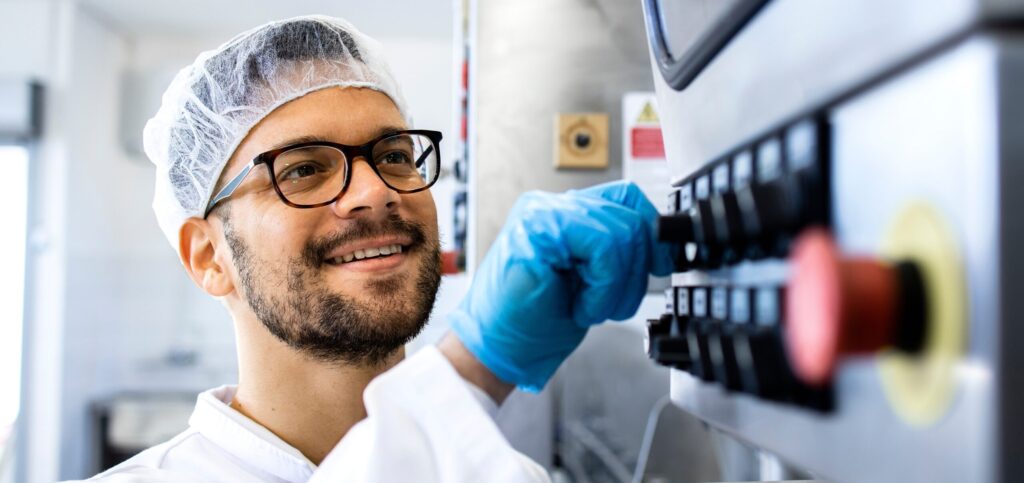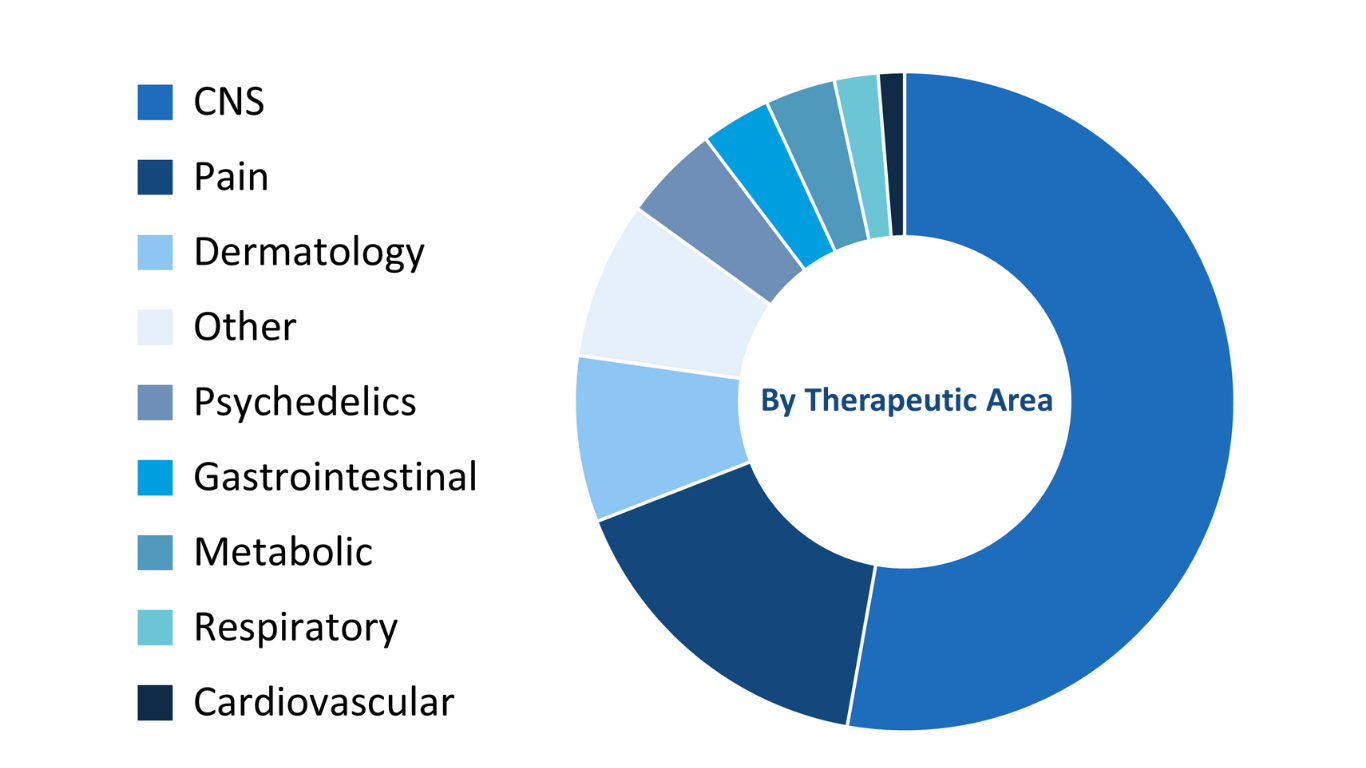Human Models of Disease
Symptoms of a particular disorder are induced under controlled conditions so that potential efficacy can be investigated in a “clean” manner.
These models can be offered in early phase drug development, healthy volunteer studies to provide an early signal of whether a drug is hitting the expected clinical target. Incorporation of these models in a first in man study enables pivotal information to be collected on pharmacokinetics, safety, tolerability and potential efficacy. The application of appropriate models can significantly accelerate the drug development process, reducing development time and increasing value for compounds.
In addition to models in healthy volunteers it is also possible to test efficacy of drugs in patients. The advantage of using models is that we are able to test drugs on the body under controlled Scientific conditions without waiting for the symptoms to be elicited by nature.

MAC Clinical Research offers a range of models that covers a number of therapeutic indications including:
Cold Pain Test – The cold pain test has been shown to be a reproducible and sensitive measure of the effect of opiates and other centrally acting analgesics. In the test a subject’s hand is immersed in cold water usually over the range of 1 to 3oC. The main outcome measures recorded are time hand can be immersed until the pain becomes intolerable and subjective scoring of perceived pain.
Thermal Stimulation – Peltier thermodes can be applied to the surface of the skin to deliver precise increases and decreases in skin temperature. This allows the effects of medication on hot/cold thermal thresholds and tolerance levels to be determined.
ID/Topical Capsaicin – Intradermal injection of capsaicin induces a localized release of substance P (neurokinin 1), calcitonin gene-related peptide (CGRP), and other neuropeptides, resulting in localized flare accompanied by pain, hyperalgesia, and allodynia. These effects are similar to those seen in neuropathic pain conditions; therefore, it is believed that this model may be useful in testing drugs with potential efficacy in this and other chronic pain states.
Migraine Induction – Induction of migraine allows the effects of potential anti-migraine treatments to be investigated under controlled, reproducible laboratory conditions. MAC has validated a model using glyceryl trinitrate (GTN) that can reliably induce a biphasic headache that patients report as being migraine-like. Compounds under development for prophylactic and acute migraine symptom relief can be investigated in the model.
Mustard Oil – Topical administration of mustard oil induces a localized pain response, resulting in localized flare accompanied by pain, hyperalgesia and allodynia. These effects are similar to those seen in neuropathic pain conditions, and it is believed that this model may be useful in testing drugs with potential action on TRPM8 receptors.
Cantharidin Blister – Cantharidin is a defensive compound found within the haemolymph of blister beetles (Meloidae coleoptera). It is a protein phosphatase I-alpha/II-alpha inhibitor, and when applied to the skin it causes acantholysis, blister formation and aseptic, localised inflammation. Cantharidin has therefore been used as an alternative method for investigating inflammatory mechanisms. It allows for the formation of standardised blisters without any of the disadvantages associated with other methods (e.g., pain and scarring). It also has the advantage that relatively large volumes of blister fluid can be collected, allowing for detailed analysis of both the cellular infiltrate and the inflammatory mediators produced at the inflammation site.
Suction Blister – Model for localised acute inflammation. Blisters are formed under a mix of vacuum pressure and heat. Blister formation occurs within 1-2 hours, after which fluid can be harvested and analysed for levels of proinflammatory mediators.
Tape Stripping – Subject’s skin is repeatedly exposed to removal of tape until pin-point glistening can be observed on the created wound. Fluid exudite can be analysed for proinflammatory mediators.
UVB and UVC Burn – Ultraviolet radiation (UVR) is a simple and reliable method for causing an inflammatory response in healthy subjects. UVR produces a well described erythema (“sunburn”), and induces stable, long-lasting hyperalgesia and reductions in thermal and mechanical pain thresholds. Effects of a wide range of compounds with different mechanisms of action have been demonstrated in the model, suggesting that it may be useful in testing the potential efficacy of novel anti-inflammatory compounds.
Histamine Wheal and Flare – Histamine is an important chemical mediator and neurotransmitter on a broad spectrum of physiological and pathophysiological conditions. Found primarily in three groups of cells (mast cells, neurons, and paretial cells of the gastric mucosa), release leads to development of such symptoms as acute rhinitis, bronchoconstriction, and cutaneous wheal and flare formation. MAC scientists are experienced in generating wheal and flare under controlled, laboratory conditions.
Scopolamine memory impairment – In animals and humans, the scopolamine cognitive challenge model has been used widely to examine the extent to which compounds modulate cholinergic neurotransmission. Scopolamine is a non-selective muscarinic antagonist that causes decline in a wide range of cognitive functions, including attention, memory, and executive function. Putative cognition-enhancing drugs that increase cholinergic neurotransmission (either directly or indirectly) can often reverse scopolamine-induced cognitive impairment.
Appetite and satiety control – Experimental measurement of food intake and feeding behaviour in humans is useful for investigating the effects of compounds with potential for treatment of both obesity and anorexic disorders. The test meal model is an accepted experimental method for assessing the effects of an intervention on food intake in a laboratory setting. The universal eating monitor (UEM) approach, which MAC’s scientists have employed, consists of a concealed balance upon which the test meal is placed. The meal is then weighed continuously as the subject eats, and energy intake is calculated in real time. This approach allows study of the microstructure of eating behaviour, such as the rate of eating in the initial as well as late stage of the meal, as well as determination of overall energy intake.
Simulated public speaking – In this model, healthy subjects are asked to prepare and give a 4-minute talk on the most anxiety-provoking events they have ever experienced. They receive no prior warning on the nature of the test. The talk is recorded on video, and subjects are told that the talk will be scored by a panel of psychologists. Anxiety is measured using both physiological (skin conductance, heart rate) and subjective measures, administered before, during, and after the test. This model has been used to demonstrate the anxiolytic effects of several different compounds.
Classical aversive conditioning – This is a classic aversive conditioning paradigm in which skin conductance responses to a series of tones played over headphones are recorded. Skin conductance is measured from electrodes attached to the medial phalanges of the index and middle fingers of the subject’s left hand. Twenty-one neutral tones are presented at pseudo-random intervals (60 seconds, +/- 10 seconds). During the first ten trials, subjects rapidly habituate to the tone. Tone 11 is followed by a 1-second burst of white noise (unconditioned aversive stimulus). The neutral tone is subsequently a conditioned stimulus, and responses are reinstated to tones 12-21. This model has been used to successfully demonstrate the effectiveness of various anxiolytic compounds.
Carbon dioxide-induced anxiety – Carbon dioxide (CO2) has been used to induce different forms of anxiety. A single short exposure to a high concentration (35%) of CO2 has been shown in healthy volunteers to cause an increase in anxiety levels (similar to that experienced by patients with panic disorder). Conversely, inhaling 7.5% CO2 has been reported to increase anxiety levels, similar to patients with a general anxiety disorder, rather than a panic disorder.







